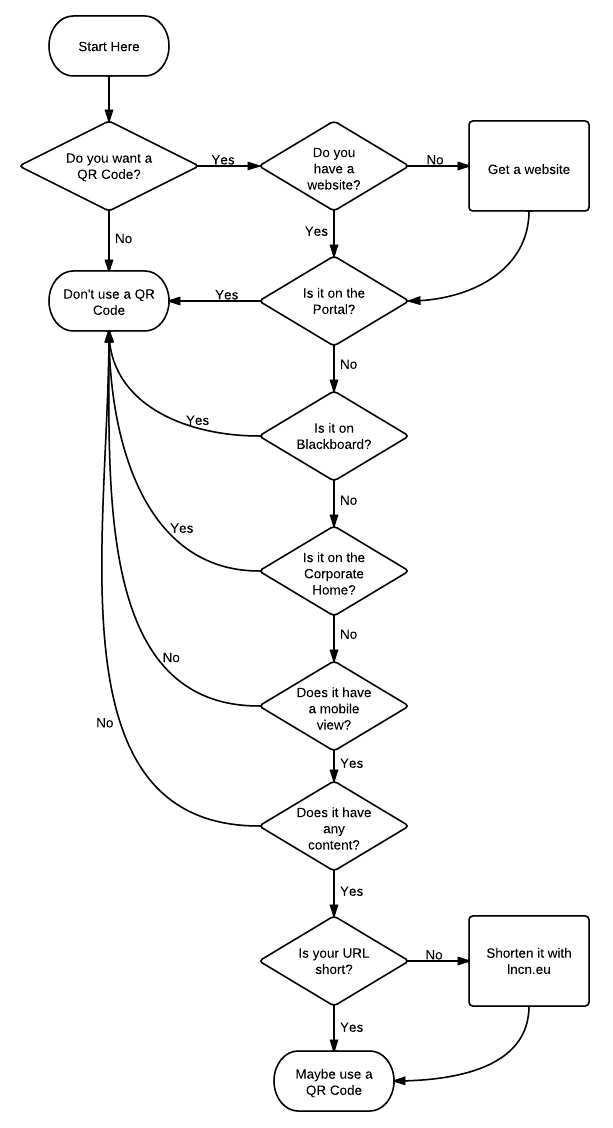Tag: mobile
Unlocking Gateway
My most recent project (following on from Jerome, slotting in around the rest of the Summer’s “oh God, students are coming back, fix everything” mayhem has been to look at Gateway, more specifically to take Gateway and give it some extra awesome based around exploratory work we did with MPath. Here’s a quick breakdown of what you can expect when it’s turned on.
Very pretty. Very fast.
We’ve moved from a CWD 2.3 based design to our brand new CWD 3.0. This gives us a huge number of improvements in just about every area; layout, typography, readability, accessibility, compatibility, mobile readiness, new JavaScript frameworks, massively improved speed optimisations and more. We’ve compressed files and shaved off unnecessary bytes from almost the entire framework, making it load astonishingly quickly even over mobiles.
CWD 3.0 is also served over a blazingly fast content delivery network. Specifically we’re using Rackspace Cloud Files, who pipe their content to end users over the Akamai network. Put simply, this means that content such as the styling and images is delivered to your browser from a point much closer in internet space, regardless of where you are. If you want to access the Gateway from Bhutan then instead of serving all the content from a box in Lincoln some of it will come from whichever one of Akamai’s 84,000 servers happens to be closest. The result is a blisteringly fast experience, and since a lot of the Akamai servers are hooked straight into providers’ networks then it’ll still be quick even on mobile devices.
As mobile as your mobile.
We’ve made sure that Gateway optimises itself on the fly for most modern mobiles, and since it uses the CWD for its underlying design it’ll instantly take advantage of future improvements as we deploy them. We’ve sat down with our desks full of phones and tablets and tested things to make sure they’re easily read and are simple enough to use with just one finger.
Smarter.
Gateway now runs on a brand new system, meaning we can give it some extra smarts. If you visit Gateway and we’ve noticed there’s a problem with Blackboard then you’ll be told about it, meaning less clicking a link and waiting whilst it doesn’t load. It can tell you the local weather forecast, show you which trains are running late and even give you notices specific to your location, all in one place.
It’s all about you.
Sign in to the Gateway or use any of the services using Single Sign-In and it’ll gather all kinds of information you might find useful and display it for you. Your next lecture, assessment deadlines, how many library books you’ve got out and more is right at your fingertips.
Rock solid.
Gateway has moved from one very resilient platform to another even more resilient platform. Located off-campus on a world-class hosting platform Gateway can survive snow, flood and even builders cutting through power lines to provide you with updates even if everything else is going wrong.
There’s not an app for that.
Recently there’s been a lot of noise made about mobile applications for universities and colleges. Apparently what students want to see is a dedicated app for their institution, providing them with bits and pieces of information on just about everything. There are plenty of examples, a quick search of the iTunes App Store reveals several universities which are keen for you to download their slice of application goodness. Entire products have sprung up to address this market, and some places have even gone all out and written their own.
All this is good. After all, who wouldn’t want to be able to check things like their timetable, their library fees and the state of the university’s IT services from their phone? What could be cooler than tapping a button and being told where your nearest free PC or copy of a book is? We like the concept so we’re having a look at mobile stuff, especially given that according to our analytics an appreciable fraction of our users are now trying to access services from their mobile.
However, we’re not entirely convinced about the route of apps. Sure they let you hook straight into things like geolocation and local storage, but with HTML5 so can a website. Apps also need to be made for the whole range of devices out there. iOS and Android are the big players, but you’re then cutting out Blackberry, Windows Phone 7, WebOS and Symbian devices. Apps also have an approval process to go through, or if not then they have a slightly complex installation route. There’s also a requirement either to pay someone a lot of money to make an app, or to spend a lot of money on in-house development.
All this means that we’re steering away from apps as much as possible, but we still want to make sure we provide kick-ass mobile services. “How?” I hear you cry. The answer is amazingly simple – we’re going back to mobile-optimised websites.
Room Bookings: Take 2
A few of you may have tried booking rooms in the University in the past. If you have, you’ll know it’s a slow process involving a lengthy form and an even lengthier wait whilst somebody decides if you can actually book a room or not.
So, here are a few very early mockups of a brand new, very slick room bookings system which should alleviate those problems. The whole system operates on a different premise to the current one – instead of asking for a specific room (or a room with specific features) and then being booked into one by someone else, you instead begin by specifying the limits of your booking, for example time, approximate location, number of people and so on. The system then finds you rooms which match those criteria, and you can book it there and then.
The whole thing will be in blisteringly fast real time, meaning when you click a book button it’s done. It also allows for us to begin offering an even faster way to find rooms for things like group meetings. Tell us a location and approximate time, we’ll find you a room and book it in one click. Alternatively, text us a place and time and we’ll do the same thing. Or even better, if you need a room straight away, just tell us a place and we’ll find you a room in the next available slot.
This should be creeping its way into some specialist room bookings (like group rooms in the Library and Studios in the LPAC) over the summer, hopefully arriving for all bookings across the whole University some time in the next academic year.




